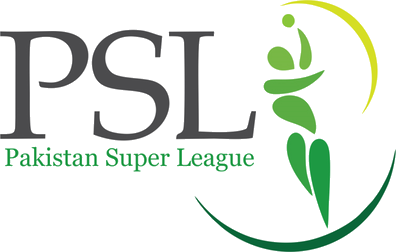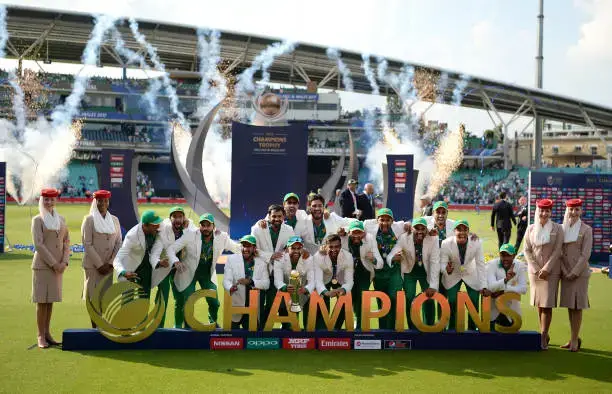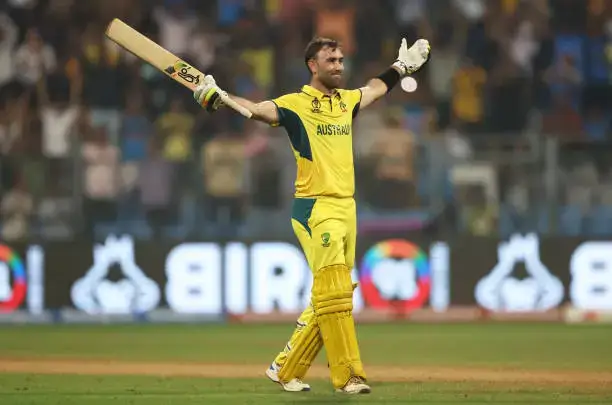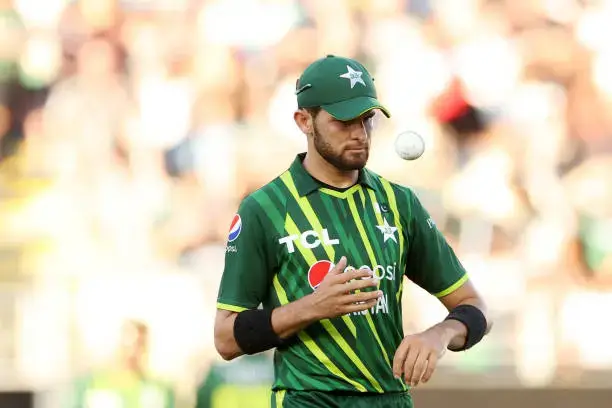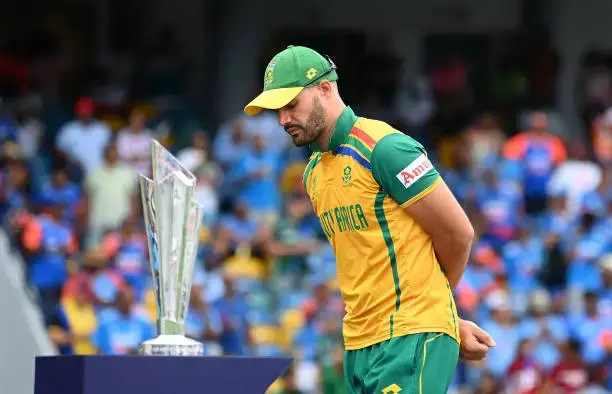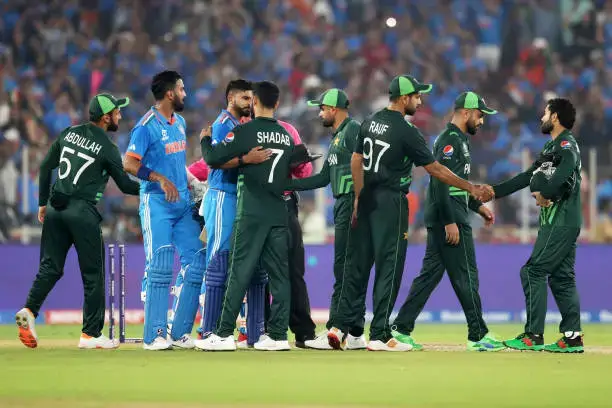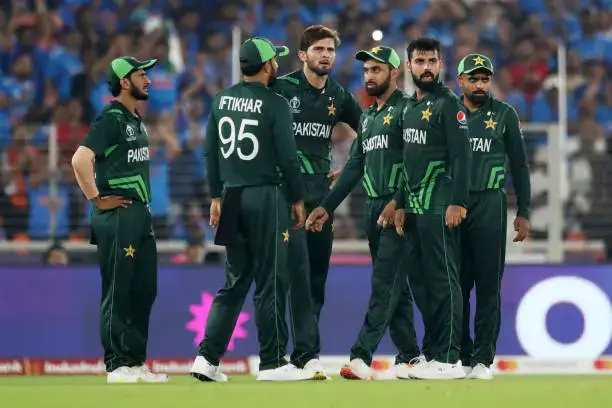PAKISTAN SUPER LEAGUE
Brief History
The Pakistan Super League (PSL) is a men’s T20 cricket league founded by the Pakistan Cricket Board in 2015. PSL is contested by six city-based franchise teams. Unlike other T20 leagues around the world, the PSL is a single entity in which each franchise is owned and controlled by investors of the franchises.
In every PSL season, each team plays the group stage matches in a double round-robin format, with the top four teams with the most points qualifying for the playoffs. The playoffs consist of an eliminator, a qualifier, and the final.
There have been eight seasons of the league till 2023, with Islamabad United and Lahore Qalandars being the most successful teams, having won the title twice each. The current champions are Lahore Qalandars, who are the only team to have successfully defended their title.
ESTABLISHMENT OF PSL
In September 2015, the Pakistan Cricket Board made an official announcement about the launch of the Pakistan Super League (PSL). The league aimed to bring top-tier cricket action to the country and promote the sport on an international scale. To boost its visibility, former Pakistani national team captains, Wasim Akram and Rameez Raja, were appointed as brand ambassadors for the league, and committed to promoting it for three years.
The PSL had been in the planning stages for several years, with two previously unsuccessful attempts, but this time it finally became a reality. On 4th February 2016, the league commenced in the United Arab Emirates, and its opening ceremony was inaugurated by Sports Minister Nahyan bin Mubarak Al Nahyan. The first two seasons featured five teams, each representing the capital cities of Pakistan’s provinces and the Federal capital.
In its inaugural season, the PSL attracted a higher percentage of international players, adding to its global appeal. For player recruitment, the league adopted a draft system, similar to that used in many North American professional sports leagues, distinguishing it from the auction system employed by some other T20 leagues.
The PSL’s official logo was unveiled on 20th September 2015 in a grand ceremony held in Lahore, attended by current and retired cricketers, as well as Pakistani celebrities. This event marked the league’s official entry into the cricketing world.
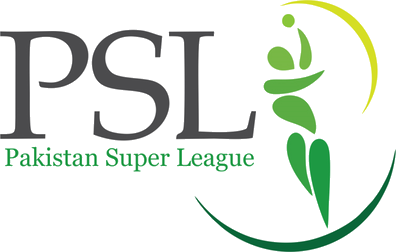
The franchises’ commercial rights were sold for US$93 million for a period of 10 years in December 2015. Over the years, the market value of the PSL has surged significantly, reaching up to US$300 million in 2017, and continuing to grow in subsequent years, making it a major force in the world of T20 cricket.
EXPANSION OF PSL
In 2017, there were discussions about the possibility of adding a sixth team to the Pakistan Super League (PSL), with Azad Kashmir as a potential location. However, the idea was rejected in May 2016. Soon after the conclusion of the 2017 PSL, it was announced by Najam Sethi, the chairman of the Pakistan Cricket Board (PCB), that a sixth team would be introduced in the next season of the league. Khyber Pakhtunkhwa Governor Iqbal Zafar Jhagra also expressed interest in approaching the PSL administration for the participation of a sixth team in the 2018 PSL. Additionally, Hafiz Hafeezur Rehman, the chief minister of Gilgit-Baltistan, mentioned the possibility of having the sixth team represent Gilgit-Baltistan. The PCB short-listed five names for the sixth team, which included Faisalabad, FATA, Hyderabad, Dera Murad Jamali, and Multan.
Finally, on 1st June 2017, the name of the sixth team for the PSL 2018 season was officially announced as Multan Sultans. The franchise was owned by Schön Properties at a cost of $5.2 million annually. However, on 10th November 2018, the PCB terminated the franchise agreements with Schön Properties, leading to the introduction of new owners. The new owners decided to retain the same name, Multan Sultans, for the franchise.
PROFIT TO PCB FROM PSL
Regarding the financial success of the league, in May 2016, the PCB reported profits of US$2.6 million from the inaugural season of the PSL. The league continued to thrive, and in the 2022 edition, which was held entirely in Pakistan, PCB chairman Ramiz Raja announced a significant 71 percent increase in the PSL’s profit. Each franchise received Rs. 900 million (US$3.1 million) in revenue before the start of the season. This substantial growth in profits reflected the league’s growing popularity and financial success.
PSL TEAMS
According to a press release by the Pakistan Cricket Board (PCB), there was significant interest from around 20 parties to buy franchises for the Pakistan Super League (PSL) before its first season. The PCB began accepting tenders for franchises on 18th October 2015, with a deadline for bids set for 15th November of the same year. The bid winners were granted the rights to a franchise for a ten-year term, as stated by the PCB. Among the interested parties were well-known names such as the ARY Group, Omar Associates, Arif Habib Group, Haier, Mobilink, as well as international groups like Leonine Global Sports and the Qatar Lubricants Company (QALCO).
All five franchises for the first season were successfully sold on 3rd December 2015, with seven bidders presenting formal proposals. The total price paid for the five franchises was US$93 million. The franchises were allocated to the capital cities of Pakistan’s provinces and the Federal capital, representing different regions of the country.
In April 2017, the PCB invited bids for the sixth team, and there was significant interest from both national and international parties. As many as 40 parties expressed interest in buying the sixth franchise. Ultimately, on 1st June 2017, Multan was short-listed from five regions by the PCB, and it was bought by Schön Properties for a price of US$5.2 million per year, becoming the most expensive team in the PSL. However, due to payment issues, the rights to Multan were terminated by the PCB on 12th November 2018.
Following the termination, the PCB invited bids once again and subsequently resold the sixth team to the Ali Tareen consortium. The consortium successfully bid US$6.35 million for a period of seven years, securing the rights to the franchise on 20th December 2018.
| Team | City/Province | Owner | Home ground | Captain | Coach |
|---|---|---|---|---|---|
| Islamabad United | Islamabad, Capital Territory | Leonine Global Sports | Rawalpindi Cricket Stadium, Rawalpindi | Shadab Khan | Azhar Mahmood |
| Karachi Kings | Karachi, Sindh | Salman Iqbal | National Stadium, Karachi | Imad Wasim | Johan Botha |
| Lahore Qalanders | Lahore, Punjab | Fawad Rana | Gaddafi Stadium, Lahore | Shaheen Afridi | Aaqib Javed |
| Multan Sultans | Multan, Punjab | Alamgir Khan Tareen | Multan Cricket Stadium, Multan | Mohammad Rizwan | Andy Flower |
| Peshawar Zalmi | Peshawar, Khyber Pakhtunkhwa | Javed Afridi | Arbab Niaz Stadium, Peshawar | Babar Azam | Daren Sammy |
| Quetta Gladiators | Quetta, Balochistan | Nadeem Omar | Bugti Stadium, Quetta | Sarfaz Ahmed | Moin Khan |
Champions of PSL in different seasons
| Season | No. of teams | Winner | Winning margin | Runner-up | Final Venue | Player of the Tournament |
|---|---|---|---|---|---|---|
| 2016 | 5 | Islamabad United | 6 wickets | Quetta Gladiators | Dubai International Cricket Stadium, Dubai | Ravi Bopara (Karachi Kings) |
| 2017 | 5 | Peshawar Zalmi | 58 runs | Quetta Gladiators | Gaddafi Stadium, Lahore | Kamran Akmal (Peshawar Zalmi) |
| 2018 | 6 | Islamabad United | 3 wickets | Peshawar Zalmi | National Stadium, Karachi | Luke Ronchi (Islamabad United) |
| 2019 | 6 | Quetta Gladiators | 8 wickets | Peshawar Zalmi | National Stadium, Karachi | Shane Watson (Quetta Gladiators) |
| 2020 | 6 | Karachi Kings | 5 wickets | Lahore Qalandars | National Stadium, Karachi | Babar Azam (Karachi Kings) |
| 2021 | 6 | Multan Sultans | 47 runs | Peshawar Zalmi | Sheikh Zayed Cricket Stadium, Abu Dhabi | Sohaib Maqsood (Multan Sultans) |
| 2022 | 6 | Lahore Qalandars | 42 runs | Multan Sultans | Gaddafi Stadium, Lahore | Mohammad Rizwan (Multan Sultans) |
| 2023 | 6 | Lahore Qalandars | 1 run | Multan Sultans | Gaddafi Stadium, Lahore | Ihsanullah (Multan Sultans) |
